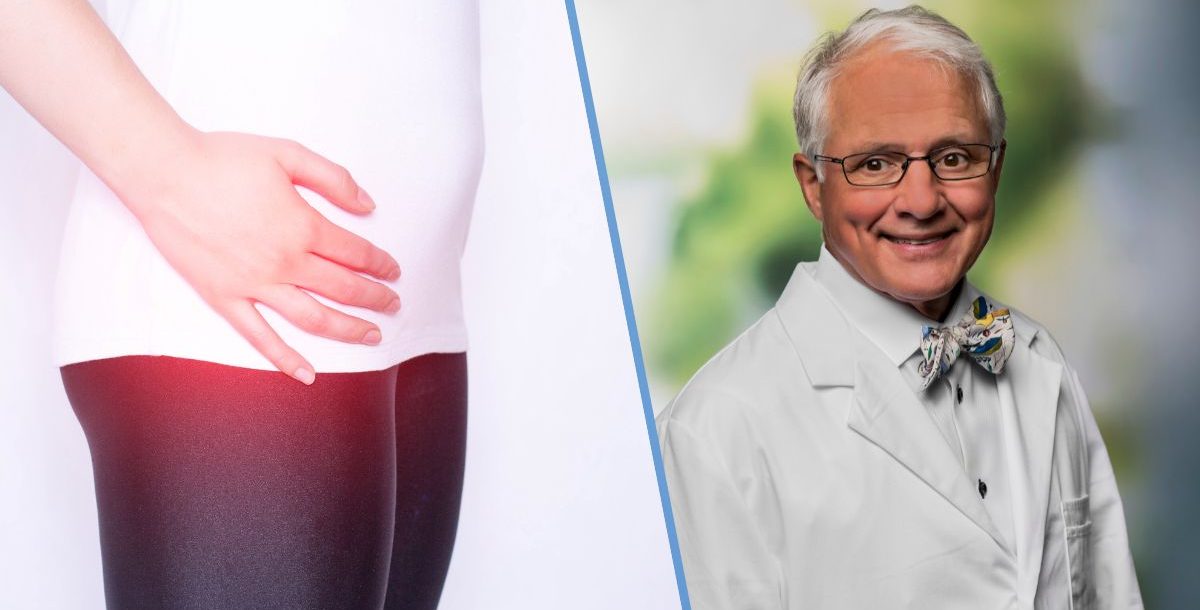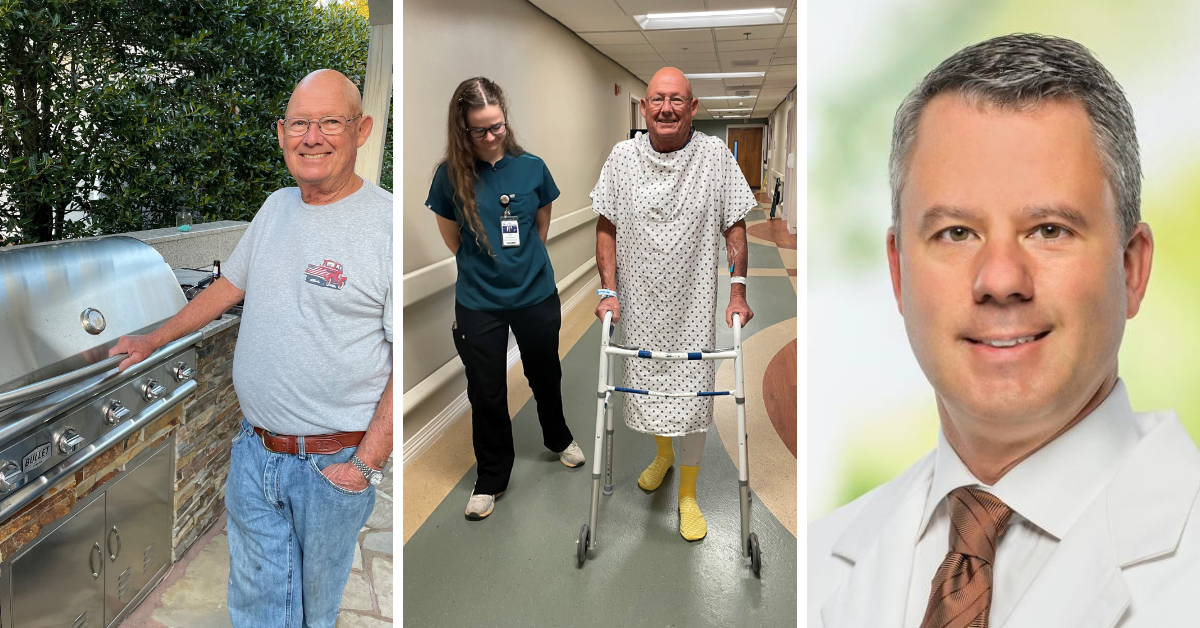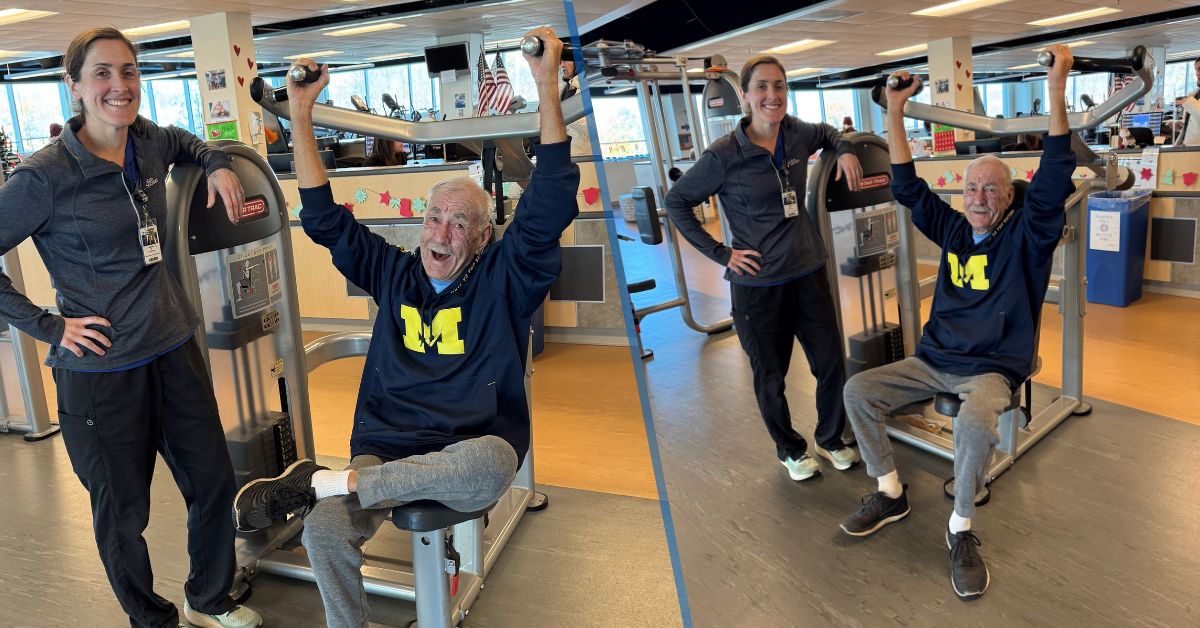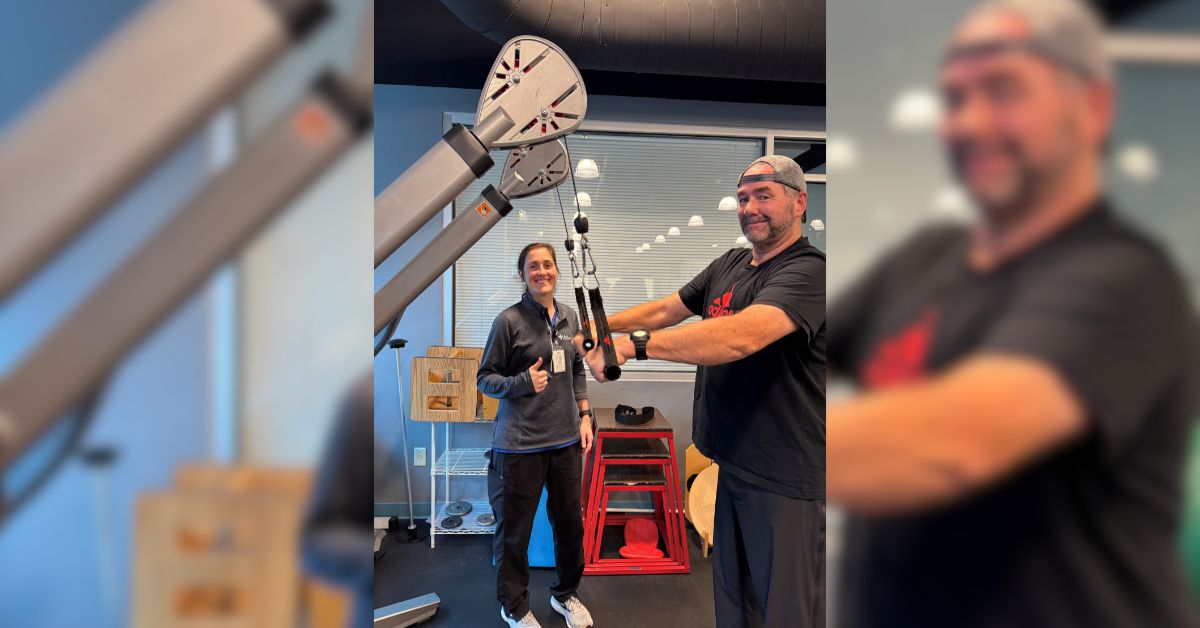You don’t have to live with chronic and debilitating pain in your knees, hips and other joints. An orthopedic doctor can find the cause and put you on the road to recovery.
“Joint pain is a common complaint because it usually comes with age,” James E. Jennings, Jr., MD, a hip and knee orthopedic surgeon with Bon Secours Piedmont Orthopaedics, shares.
Arthritis – either degenerative, traumatic or rheumatoid – is usually why joints hurt.
Patients often “don’t know whether they have arthritis or not. They simply have knee or hip pain related to weight-bearing activities or certain (joint) movements,” Dr. Jennings explains, adding there also can be pain when resting, or swelling and joint catching.
Patient history, an exam and X-rays will determine the best treatments, which might include activity modification, anti-inflammatory medications, injections, physical therapy and weight loss when needed.
When non-operative options fail, or patients have end-stage arthritis, surgery is necessary. Bon Secours Piedmont Orthopaedics has a successful and award-winning total joint replacement program. One reason for its success is the pre-operative Joint Camp. About three weeks before surgery, “campers” go to the hospital to get labs, screenings and an anesthesia evaluation, meet their nurses and physical therapists and see the surgery rooms. They also learn about discharge procedures.
“The idea is to have a comprehensive program to have all patients evaluated in pretty much the same way,” Dr. Jennings says. “All of this is in the pursuit of excellence, which this program has achieved.”
In 2022, it earned The Joint Commission’s Advanced Disease-Specific Care Certification in hip and knee replacement. It also is an Aetna Institute Quality provider and an Optum-designed Center of Excellence. That is thanks in part to innovative total joint surgeries, most of which are either outpatient or require a one-night hospital stay.
The robotically assisted knee replacements have “been a major advance as far as predictability of the surgery,” Dr. Jennings adds. “We also believe it has improved patients’ short-term recovery.”
Patients go home with a walker, pain medications and scheduled therapist visits to change bandages, remove staples and update prescribed at-home exercises. Some knee replacement patients go to outpatient physical therapy, while hip replacement therapies happen at home.
It takes about four to five weeks to return to normal activities, including driving. A full recovery “where they really don’t think about their joint replacement much” usually comes in six to 12 months,” Dr. Jennings shares.
So, if painful bones or joints are keeping you from enjoying your favorite activities, it might be time to see an orthopedic doctor for an evaluation to determine the possible cause and a personalized course of treatment for your condition.
Learn more about the orthopedic and sports medicine services we provide at Bon Secours.





